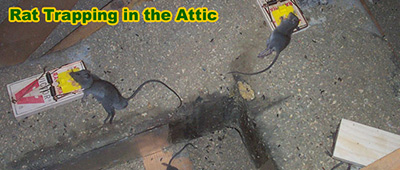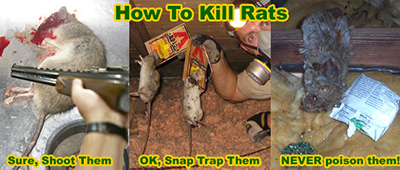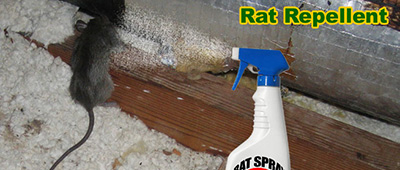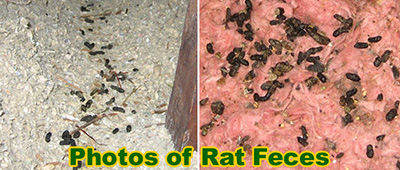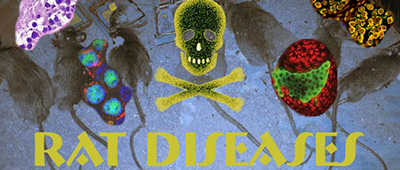Need professional rat help? What does it cost? Go to the home page
One thing you very rarely think about when you have a rat or mouse infestation in your home, is the damage it can do to your household pets. Once you have discovered that you need to replace all attic insulation, and whole electrical wiring sections need to be replaced, and that the exterior of your home has become damaged from these rodents gnawing and chewing their way through, your household pets are often the last of your concerns. The trouble with this, is that rats can pass many things to your animals, none of which you're going to want hanging around.Before we start on why rats are dangerous to your pets, however, let's start at how YOU - the homeowner - could be putting your pets life in danger. Are you using poison to get rid of the rats, for example? If you are, you are definitely putting your pet's life in danger. They can get access to the poison directly or, if the rat dies, your pets could find and gnaw / nibble at it. By doing this, they could accidentally become poisoned through secondhand poisoning.
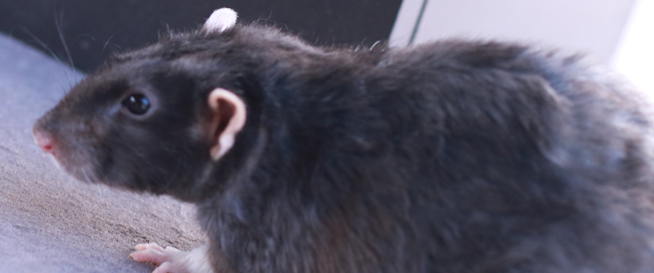
We're sure that's not what you want.
Aside from that, rats themselves carry no fewer than six dangerous diseases, all of which can be passed to humans, pets, and even other animals, such as rabbits or livestock. This is why you should always ensure that rats don't come into contact with your home or ANY of its members.
Fleas and ticks are some of the worst things to worry about when you have a rat infestation. They cling on to their rodent victims and are easily passed on to cats, dogs, rabbits and other animals. Ticks alone can pass on Lyme's disease, and fleas … well, the adults only make up one percent of their population, so you can understand why it is important to act fast if you see just one flea in your home or on your pets. There are over two hundred different types of flea found in the USA, and they can spread some rather nasty infections and parasites around. Q fever, tapeworms, tularemia, and rocky mountain spotted fever. The latter can be spread by both fleas and ticks, and can bring with it symptoms such as a rash, muscle aches and chills, vomiting and nausea, a fever, headaches, and more. That's just in the humans too - this can make your pets very sick indeed.
That's not all when it comes to rats, unfortunately. The urine and feces of the rats can often bring with them the threat of disease, leptospirosis, for example, and also rat bite fever, which can also be passed on via bites and scratches from an infected rodent. Salmonella is also easily passed on from rat to pet and human alike, and also hantavirus. This is airborne, and definitely not something you'll want in your home.
In short, rats are dangerous little animals, not just for humans, but for pets and other animals too. They infect animals far and wide with their disease, especially with the spread of ticks. Fleas aren't commonly found on rats so much, but still can happen. They're not clean animals, by any stretch of the imagination, although we're sure they don't mean to be quite so grubby. If you have rats in your home, getting them out should be your first priority. More than anything, they'll rile up your dogs and cats so they annoy you!
Go back to the Rats in the Attic home page.
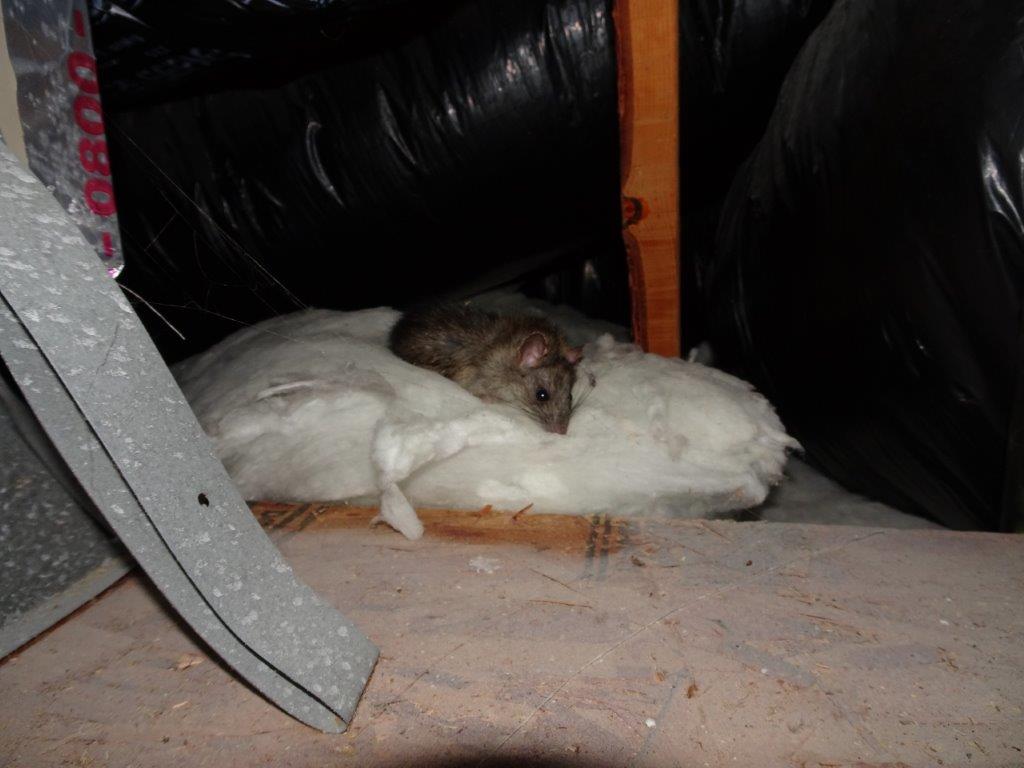
Rats are widely unloved animals that cause us a lot of discomfort. Logically, they are not welcome in our homes. However, they enter anyways without permission, causing illnesses and destruction. Clearly, they pose a great threat to the health of our pets.
So, can rats endanger our pets' health?
Rats are rodents that reproduce constantly and develop rapidly. They have an impressive capacity to learn and adapt to any environment. Also, rats have the great ability and facility to climb or pass through small spaces, traveling all over the place looking for food.
It is said that in the last millennium, rodents have caused more deaths than wars.
Yes. Rats are carriers of a great diversity of living organisms that cause disease in our pets. These organisms include bacteria, worms, viruses, and many others. Not to mention that rats can cause many diseases by means of the parasites that live in their skin, like ticks, mites, lice, and fleas. Yuck!
What are some of the illnesses that rats can transmit to our pets?
Rats can cause many diseases to our pets. They do this through their secretions: their urine, feces, and saliva. Once they come into contact with our pets, the secretions are contagious, and therefore, diseases are produced.
The terrible thing about these diseases in pets is that many of them have no symptoms. Consequently, these pathologies go unnoticed and the appropriate treatment is not provided, causing irreparable damage.
Here are some of the many diseases that rats can transmit to pets:
- Toxoplasmosis
- Trichinosis
- Leptospirosis
- Tapeworms
- Hantavirus
- Salmonellosis
- Tularemia
- Plague
How do pets get these diseases?
Rats mark their territory and also communicate to their colony where there is safe food through their urine.
Normally, our pets are infected by contact. They can also contract diseases through water contaminated with rat droppings, or open lesions in contact with the rat's secretions. Other forms of transmission may be through flea or tick bites that have migrated from the rats.
Our pets also get sick from eating food that has been contaminated by rat urine or feces. It's amazing that even the air can be contaminated in enclosed places where the rodent has been, such as corners, closets or cupboards, and our pets can get sick from inhaling these droppings.
Another cause is a rat bite, or if the pet touches a dead rat. This causes fevers, liver, or kidney disorders.


